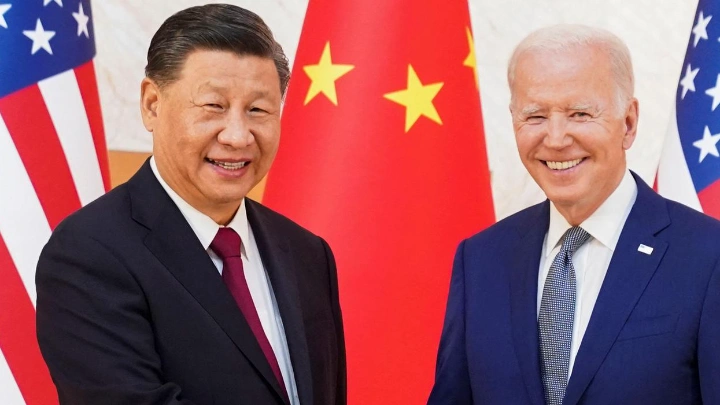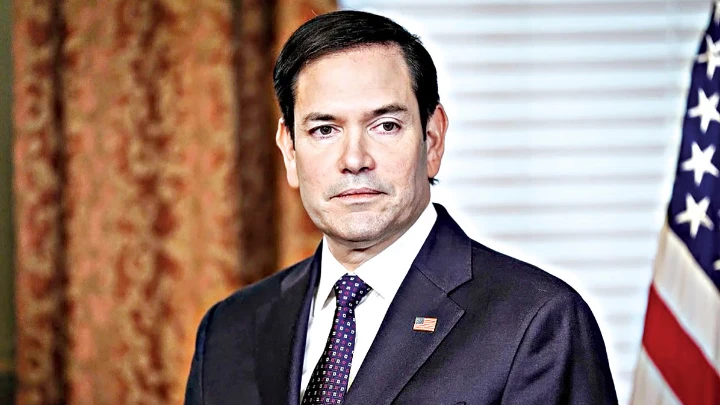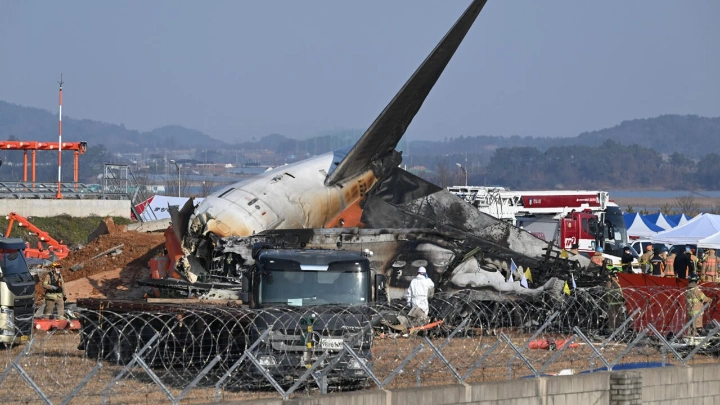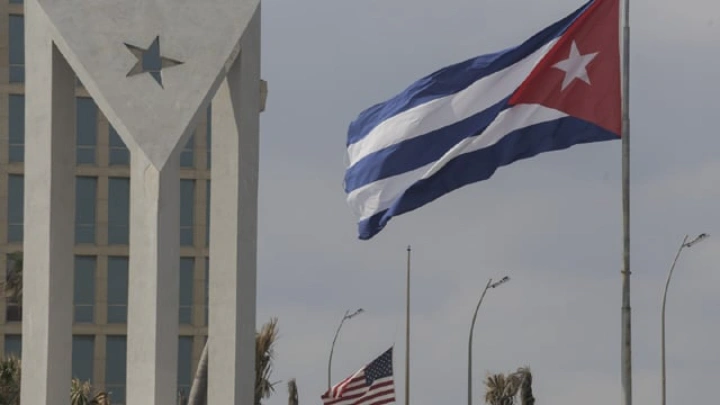In their lengthy conversation, Biden and Xi condemn nuclear threats
Shining BD Desk || Shining BD
US President Joe Biden and Chinese leader Xi Jinping held landmark talks ahead of the G20 summit in Bali. Their discussions were focused on Ukraine, Taiwan and North Korea, among other issues.
The leaders of the world's two most powerful economies, US President Joe Biden and Chinese leader Xi Jinping, met for over three hours Monday on the sidelines of the G20 summit on the Indonesian island of Bali.
It was their first face-to-face meeting since Joe Biden moved into the White House. The two have met many times, including when Biden was vice president.
The meeting began with a handshake and came just ahead of the start of the G20 summit, which kicks off Tuesday.
Russia's invasion of Ukraine, and the geopolitical tumult that followed, is likely to dominate the G20 summit.
What did Biden say?
After the three and a half-hour meeting, the White House said the two leaders spoke "candidly" on a range of sensitive issues including Ukraine, North Korea, Taiwan, Hong Kong, Tibet, and human rights concerns more broadly.
The two leaders jointly condemned Russia's threats of using nuclear weapons in Ukraine, the White House said, arguing that a "nuclear war should never be fought and can never be won." The language echoed previous joint statements put out by the US and Russia going back to the Cold War.
Biden also said he highlighted North Korea's nuclear threats. "We are going to defend American allies as well as American soil and American capacity," should North Korea engage in what Biden termed "further escalatory means," he said.
The White House noted that Biden condemned Beijing's "coercive" actions against Taiwan, which China considers part of its territory despite the autonomous island's self-governing democracy.
Still, Biden reassured Xi that the US maintains its "one China" policy. The US remains committed to bolstering the island's defenses should Beijing seek to mililtarily alter Taiwan's current status, he said.
"I want to be clear that I mean what I say and say what I mean," Biden added, saying that such talks with foreign leaders present opportunities to clarify misunderstandings that could lead to conflict.
Biden said US Secretary of State Antony Blinken would soon visit China following the talks.
What did Xi say?
For his part, Xi called Taiwan a "red line" and warned the US not to cross it, China's Foreign Ministry said.
Chinese state-run Xinhua news agency said Xi told Biden, "The Taiwan question is at the very core of China's core interests, the bedrock of the political foundation of China-US relations, and the first red line that must not be crossed in China-US relations."
China's Foreign Ministry added that Xi believed the US and China "share more, not less" mutual interests. The ministry also noted that Xi is "highly concerned" about the conflict in Ukraine.
It is only the second trip Xi has taken abroad since the COVID-19 pandemic began three years ago.
Chinese state-run news agency Xinhua said Xi hoped that the US could see history as a mirror to guide the future and "chart the right course for the China-US relationship."
Xi noted humanity was facing huge challenges and urged the two leaders to behave as a stateman concerned with "where to lead his country."
"He should also think about a how to get along with other countries and the wider world," Xi said.
Biden and Xi in positions of strength
The two men arrived at the meeting in Bali in positions of strength. Biden acknowledged as much before departing to Indonesia, after the Democrats outperformed expectations in the US midterm election, managing to keep control of the Senate.
For Xi's part, he just secured an unprecedented third term at the Communist Party Congress, which also saw his predecessor Hu Jintao forcibly led off the dais by ushers.
Biden said ahead of the meeting that the two leaders hoped to "manage our differences, prevent competition from becoming anything ever near conflict." The two are meeting "to find ways to work together on urgent global issues that require our mutual cooperation."
By ar/fb (AFP, AP, dpa, Reuters)
Shining BD






















